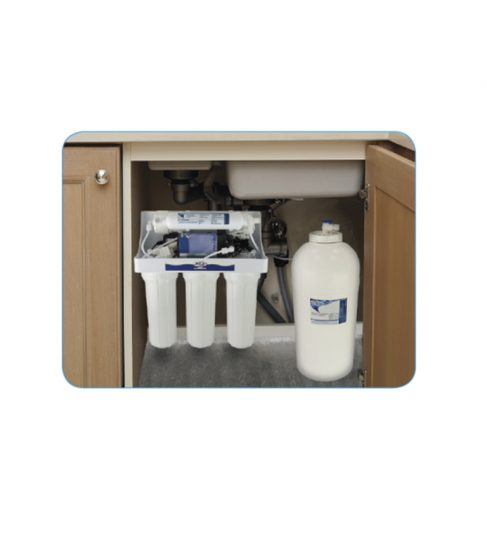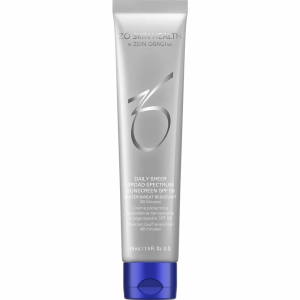Benefits Of Reverse Osmosis Water Purification
2 min read
Reverse osmosis (RO) water purification has become a widely adopted technology due to its ability to provide clean and safe drinking water. This method offers numerous benefits, making it a popular choice for both residential and industrial applications.
Removal of contaminants:
One of the primary benefits of RO system Dubai is its effectiveness in removing a wide range of contaminants from water. The semi-permeable membrane acts as a barrier to impurities such as bacteria, viruses, dissolved minerals, heavy metals, and chemicals. This results in water that is significantly purer and safer for consumption.
Improved taste and odor:
The removal of impurities through reverse osmosis contributes to a noticeable improvement in the taste and odor of water. Minerals, chlorine, and other substances that may affect the flavor are effectively filtered out, providing a clean and refreshing taste.
Reduction of total dissolved solids (TDS):
Reverse osmosis is highly effective in reducing the total dissolved solids (TDS) in water. TDS refers to the presence of minerals, salts, and other dissolved substances. Lowering TDS levels enhances the taste of water and also contributes to its overall purity.
Enhanced safety and purity:
RO systems are capable of removing contaminants that may pose health risks, including bacteria and viruses. This makes the water purified through reverse osmosis a safe and reliable source for drinking and cooking, especially in areas where water quality may be a concern.
Convenience and accessibility:
RO systems are convenient and readily accessible. They can be installed under the sink in residential settings or integrated into larger water treatment systems for industrial use. This accessibility ensures a constant supply of clean water without the need for purchasing bottled water or relying on other water sources.
Energy efficiency:
Compared to some other water purification methods, reverse osmosis is energy-efficient. The process typically requires a moderate amount of pressure to push water through the membrane, making it more energy-efficient than distillation methods, for example.
Versatility and customization:
Reverse osmosis systems are versatile and can be customized to suit specific water quality requirements. Depending on the needs of the user, additional filters or stages can be added to address specific contaminants or to enhance the overall water purification process.



